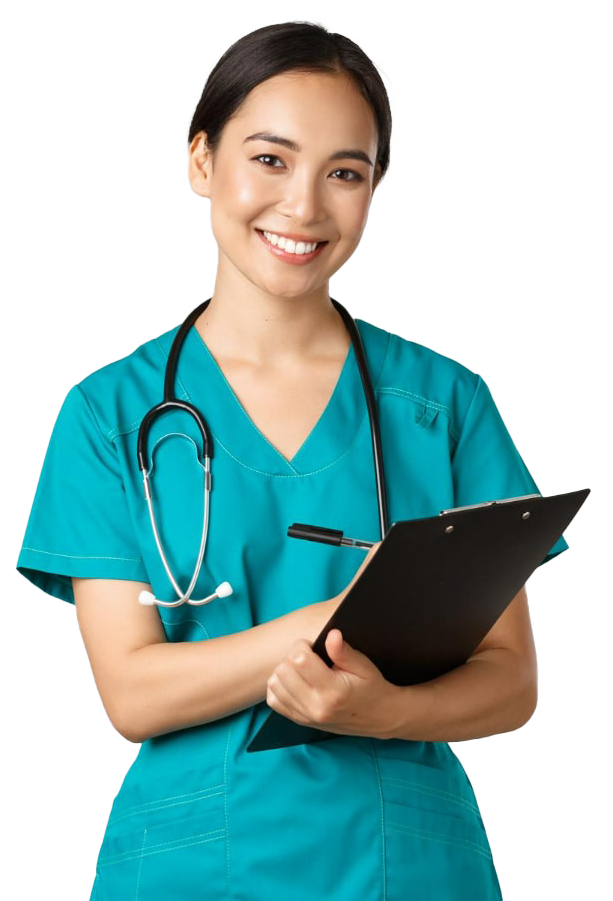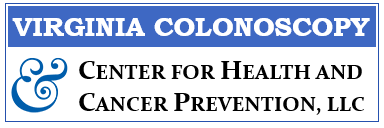FAQ
Frequently Asked Questions
What is a colonoscopy?
A colonoscopy is an medical procedure in which a thin, flexible tube is inserted into a patient’s rectum and threaded through the large intestine.
This colonoscope is equipped with a tiny video camera that allows the doctor to examine the colon and rectum from the inside, and search for abnormalities. Depending on the health of the colon, the doctor may also remove growths for cancer screening.
Does a colonoscopy hurt?
The actual colonoscopy itself does not hurt, even if tissue sample or abnormal growth is removed, as the colon does not have pain receptors (little signals that tell the brain that something feels bad). The patient might experience gas, bloating, or minor rectal bleeding post procedure as air is used during the procedure to ensure that all the nooks and crannies are clearly looked at and nothing is missed during the exam.
The best way to deal with any cramping or gas that may occur is to move and make sure you’re letting that gas out. We also recommend to start with a light meal and avoid heavy, spicy, and greasy foods first thing. If you have any questions or concerns, our staff is happy to provide you with answers and advice.
Feel free to reach out to us today at (757) 412-4919!
What are the reasons to get a colonoscopy?
A colonoscopy is the most thorough procedure for colon and colorectal cancer screening. If you are 45 years old, you should schedule an appointment today as the best prevention for colon cancer is routine screening.
If you have a family history of colon or rectal cancer, or have a family history of precancerous polyps, your first screening colonoscopy should be at age 40, or 10 years before when your family member was first diagnosed with colon or rectal cancer.
If you are experiencing symptoms like rectal bleeding, pencil-like stools, or a change in bowel habits, please contact us today to schedule an appointment as these are possible symptoms of colon and rectal cancer.
How is a Colonoscopy Exam Done?
During an exam, a colonoscope – a thin, flexible tube with a tiny video camera attached – is gently moved into your large intestine. Your physician will monitor the scope’s progress through your colon, searching for ulcers, polyps, tumors, or other anomalies. Most doctors perform a colonoscopy to screen for precancerous growths in the colon or rectum, and in some cases may collect samples and remove small growths.
How often should I get a colonoscopy?
Assuming nothing is found during your exam, and you are considered at low risk for developing colon or rectal cancer, it is recommended to get a colonoscopy every ten years.
If you have personal or family history of colon or rectal cancer, have personally had precancerous polyps, or are considered high risk for developing colon or rectal cancer, your screening will likely take place every 5 years or sooner.
How long does the exam take?
Exam times will vary, but most colonoscopies are finished within 10 to 15 minutes. Most EGDs (endoscopies) are finished within 8 to 12 minutes. From start to finish, a colonoscopy or EGD takes approximately an hour and a half to two hours, including check-in, to complete
How much does an exam cost?
The cost of an out-of-pocket colonoscopy ranges from $1,250 to $4,800, according to GoodRx.com (What Is the Average Out-of-Pocket Colonoscopy Cost? – GoodRx).
The cost generally depends on where the procedure is being performed and the complexity of the exam.
At Virginia Colonoscopy and Center for Health & Cancer Prevention, we are happy to extend a same-day discount to all our non-Medicare/Medicaid patients, including those without health insurance, where a single exam costs $975.00 and $1700.00 for a colonoscopy and EGD. This price includes anesthesia as well as any additional tests performed that day. The only thing not covered is the cost of any specimens sent to a pathologist.
Unfortunately, due to legal reasons, we are not able to offer the same-day discount to those individuals with Medicare or Medicaid.
Will my insurance cover the cost of cancer screening tests?
Most insurances fully cover screening and surveillance colonoscopies. Diagnostic colonoscopies, or endoscopies, usually go towards the patient’s deductible and are not covered by insurance unless that deductible has been met.
Medicare will fully cover a screening, or surveillance, colonoscopy as long as nothing is found during the exam. If a polyp is removed, or a specimen is taken for testing, the exam becomes a diagnostic test and the patient is usually required to pay 20% of the cost of the procedure.
If you have any questions or concerns about what your insurance will, or won’t, cover, it is always a good idea to contact your insurance provider directly.
Are there risks to getting a colonoscopy?
Generally, a colonoscopy is a low-risk procedure, though there is the possibility a patient may experience a reaction to any sedatives or additional bleeding. Preparing well for the exam can prevent any adverse effects.
Our staff is specially trained to administer colonoscopies, endoscopies, and anesthesia in a safe and effective manner. If you have any questions or concerns, please feel free to contact us at (757) 412-4919.
How do I prepare for a colonoscopy?
Where will the screening tests be done?
Most of the procedures done at Virginia Colonoscopy and Center for Health & Cancer Prevention are performed in our office under the supervision of Dr. Keith Berger, Dr. Beth Jaklic, and our trained and licensed CRNAs. Our goal is to make the procedure are comfortable and easy as possible for you, and our staff is highly trained to offer exceptional patient care.
If you are looking for a GI practice that puts the patient experience first, please book an appointment with us today.
We promise you won’t be disappointed!
HAVE ANY QUESTIONS?
Need Any Help? Get in touch with us tooday!
Experience compassionate care; connect with our medical experts today for personalized assistance.
OR CALL: (757) 412-4919

TESTIMONIAL
Our Happy Patients
Our commitment to our patients shows in our reviews!
A few weeks ago I visited your office for a long overdue ‘routine’ colonoscopy. I was surprised how painless and unembarrassing it was. To my surprise, Dr. Berger told me he found a large polyp that he was able to remove. Yikes! Thank God everything turned out okay, but I am extremely grateful to you and your fantastic team (thanks Linda!) for helping me through this! You are all wonderful!
A sincere thanks to all of you for being so nice when I had my upper endoscopy. Words can’t express my appreciation to Dr. Berger for his understanding and patience. . . I delayed having this procedure for a long time, knowing this would be a problem – maybe insurmountable. I was so embarrassed at my difficulty, but you . . .solved the problem. You’re terrific and I am grateful.
